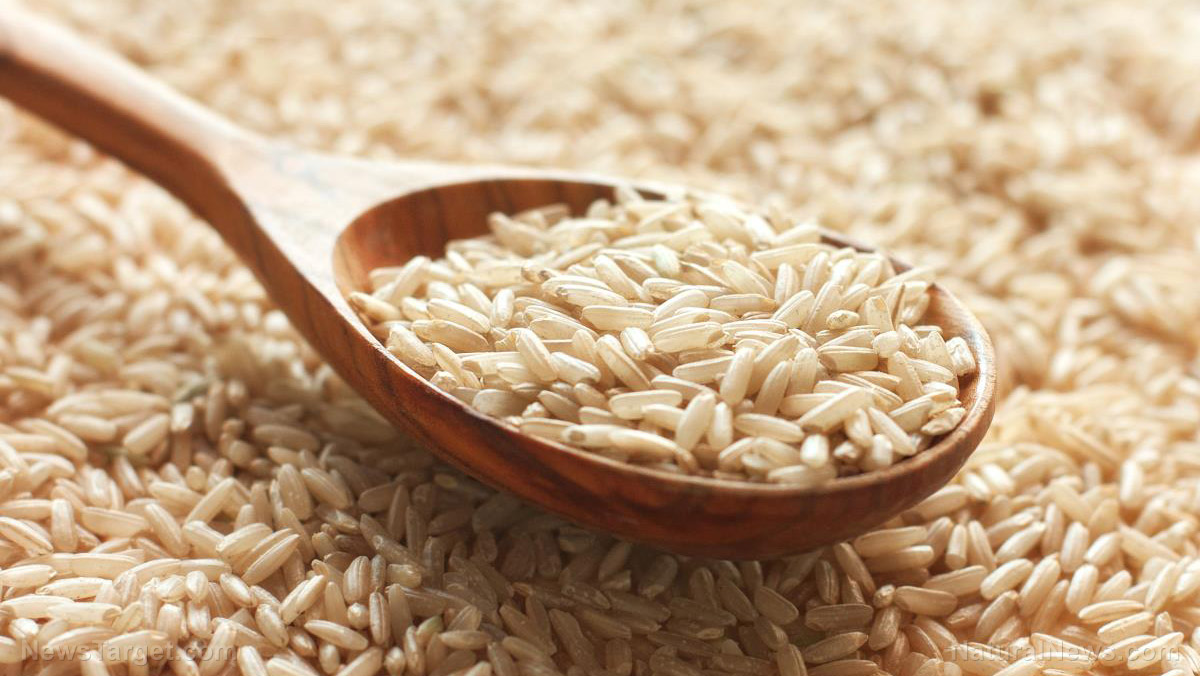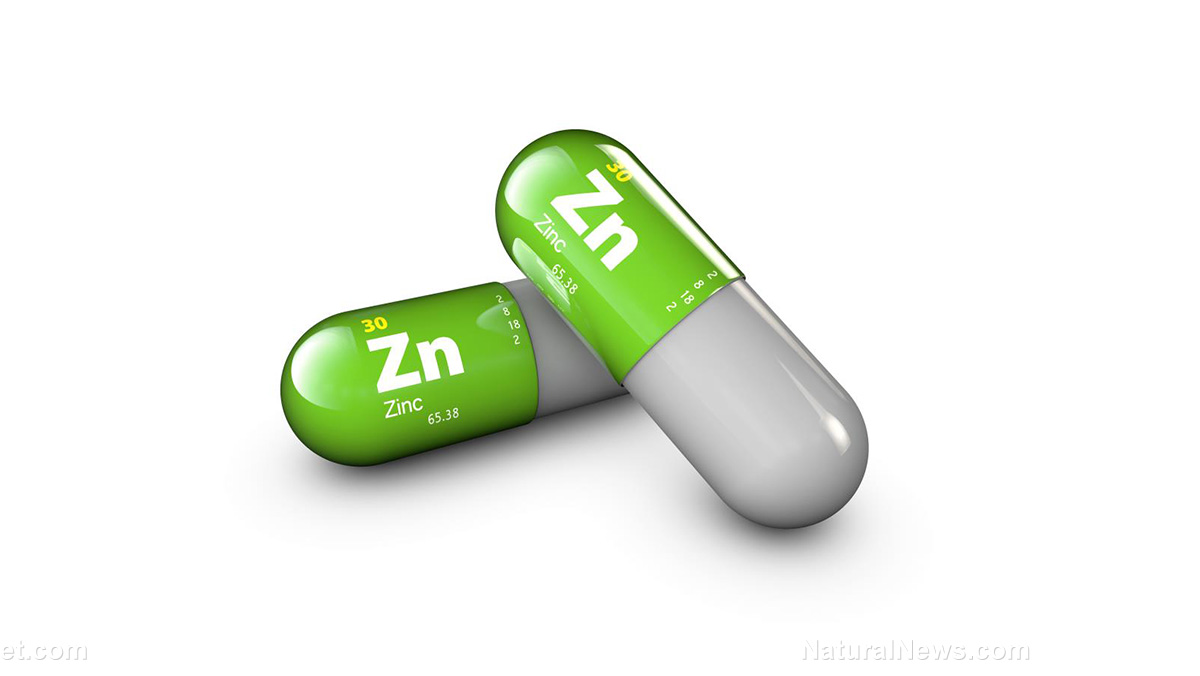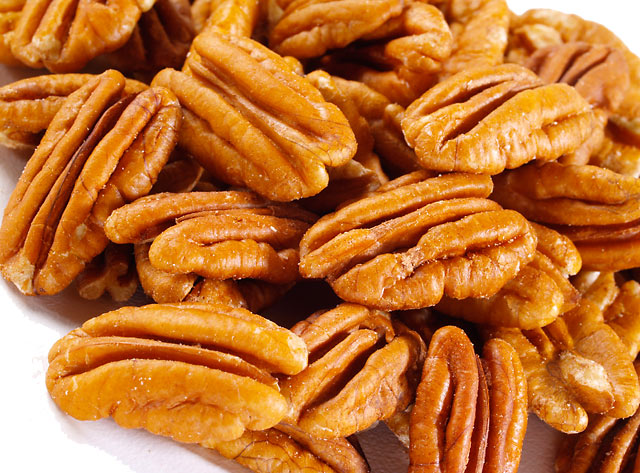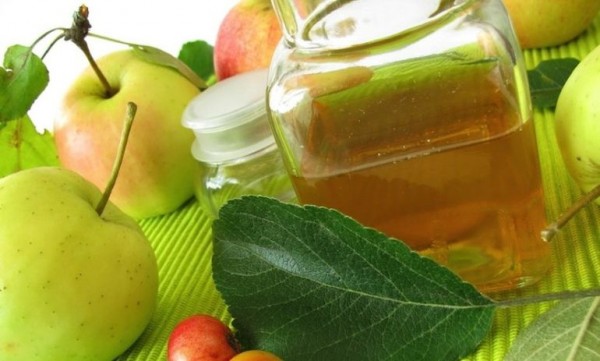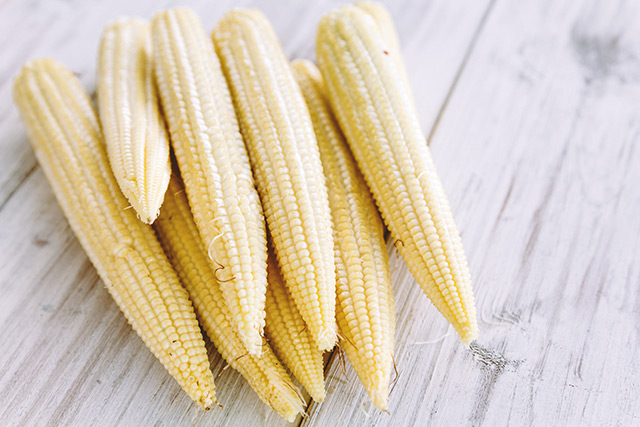Cutting back on soda intake and replacing them with water may lead to significant weight loss within a year, a recent Consumer Reports study revealed.
According to the report, drinking 20 ounces of water in place of the same amount of soda may help a person ward off as much as 119 cups of refined sugar within a year. This, in turn, prevents the body from absorbing 52 extra pounds of refined sugar over the same period. The report also showed that swapping out soda with water may lead to a total weight loss of 14 pounds within one year.
The report also revealed that consuming less-sugary beverages — such as milk, orange juice, and energy drinks — instead of soda may result in a significant weight loss between three to more than nine pounds. This also reduces refined sugar consumption between 47 to 97 cups per year.
Researchers said adopting these changes could make a difference in today’s worsening obesity epidemic. According to the experts, an average American consumes between 150 calories from soda each day, which was a big part of the 300 extra calories that the general population has apparently added to their daily diets over the years.
“Take away one can of soda, which would be about 150 calories, and you’re halfway there to offsetting that,” Philadelphia Health Commissioner Dr. Thomas Farley said in a Daily Mail article.
The experts also noted that young people are more likely to benefit from this method, as doing so would readily stem childhood obesity that usually persists in adulthood.
According to the Centers for Disease Control and Prevention (CDC), frequent consumption of sugar-sweetened beverages may result in a plethora of adverse health conditions including diabetes, heart disease, kidney diseases, and tooth decay as well as gout, cavities, and non-alcoholic liver disease.
Replacing soda with water may facilitate weight loss, studies show
Previous studies have already established that replacing soda with water may significantly improve body weight.
Just last year, a study carried out by Virginia Tech and the University of North Carolina at Chapel Hill revealed that replacing one eight-ounce sugary drink with the same amount of water may help reduce calorie intake in adults aged 19 years and older. (Related: Water before meals helps with weight loss, say researchers.)
The experts also noted that adopting the one-for-one drink swap method helped improve the participants’ scores on the Healthy Beverage Index. “Regardless of how many servings of sugar-sweetened beverages you consume, replacing even just one serving can be of benefit …We found that among U.S. adults who consume one serving of sugar-sweetened beverages per day, replacing that drink with water lowered the percent of calories coming from drinks from 17 to 11 percent. Even those who consumed more sugary drinks per day could still benefit from water replacement,” researcher Kiyah J. Duffey told Science Daily online.
In another study, researchers at The University of Nottingham and Tehran University of Medical Sciences found that replacing diet soda with water helped improve body weight and insulin sensitivity in obese women with type-2 diabetes.
“Our results are very interesting. They show that the women drinking water after their main meal at lunch time over 24 weeks lost on average 1.16kg more than the women who drank diet drinks after their meal. We think that by drinking water instead of sweet-tasting diet drinks, the women may be adhering better to the weight loss diet because artificial sweeteners may increase desire for sweetened and more energy dense foods,” researcher Dr. Hamid Farshchi said in a university release.
Sources include:
DailyMail.co.uk
ScienceDaily.com
Nottingham.ac.uk


